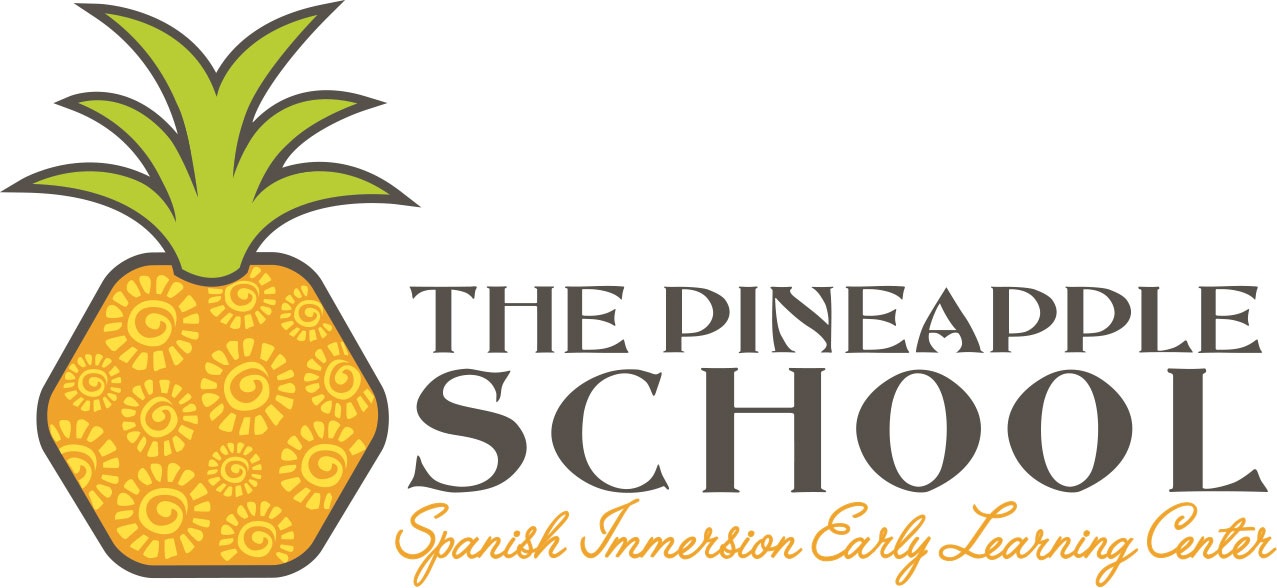Our Programs
INFANTS (6 Weeks to 18 months)
For the young infant, fostering the development of a sense of trust is our priority. Trust develops as the infant feels safe and his/her needs are responded to in a caring and consistent environment. With trust, the infant is ready to explore the emerging world, practice newly acquired skills, and develop speech and communication skills. Based on ongoing individualized assessments, activities will be planned to assist each infant in achieving his/her developmental potential. Throughout the day, our interactions are in Spanish as we speak and expose them to songs, finger plays, music, and dance. It is known that by ten months of age infants can distinguish between two languages.
As infants approach one year of age, they are ready for our “Baby Tots” program. This is an exciting age, as motor skills are rapidly developing and first words are emerging. A more consistent daily schedule is followed with a balance of active and quiet activities. Such activities are planned based on the interest and developmental needs of the infant.
toddlers (18 to 24 months)
At this age, children further explore their expanding world using newly attained cognitive and motor skills. Within a structured and predictable environment, Toddlers take part in planned activities that provide challenges, choices, and opportunities for success. Our Toddlers enjoy acting out adult roles in dramatic play, using their senses to explore nature, and using their cognitive skills as they begin to sort and classify objects. They begin to participate in small group activities, such as singing, creative movement, finger plays, and stories. As language is rapidly emerging during this period, activities and interactions are conducted in Spanish to encourage Toddlers to simultaneously acquire Spanish and the home language.
twos
During this period, children are becoming more independent and self-sufficient. Toilet training is an important component of our 2-year-old program. Within a more ordered day, individual and group activities are planned to promote problem solving, encourage the reinforcement and refinement of newly acquired physical skills, and facilitate social interaction between children. As the two-year-old’s ability to listen and to speak improves, our program facilitates language acquisition by talking, singing, reading, and playing with the sounds of the Spanish language. Our Twos enjoy dress-up, exploring sand and water, and building with boxes. Studies show that by the age of two-and-a-half, the bilingual child can function effectively in both languages.
Our youngest twos begin in one of our Tykes classrooms and then transition to Early Preschool as they approach the age of 3. In our Early Preschool classrooms, independence and thinking skills develop further as children work and play within a more structured environment.
preschoolers
In the preschool classes, children explore and learn through play, real life experiences, and teacher-guided activities in the Spanish language. Choices with open-ended play materials such as blocks, clay, and recycled materials are available to support creativity, exploration, and problem solving. Cooking activities, science experiments, and interactions with visitors from the community provide invaluable real-life experiences. Learning is facilitated with “hands on” activities planned to meet educational goals in the areas of math, language and literacy, science, and social studies. By encouraging the children to describe and reflect on what they are doing, teachers further facilitate learning and language development. Self-expression is supported through art, music, creative movement, and dramatic play in a Spanish-rich environment. In preschool, children develop lifelong skills as they learn to work and play together as valued members of their classroom community.
pre-kindergarteners
Our pre-kindergarten program utilizes a “project approach” for classroom learning. With this approach, children are guided by the teacher through in-depth explorations of real-life topics of interest and relevance to them. For example, a project may focus on ants, rocks, restaurants, textiles, trash, or bones. Current research shows that student interest, creativity, cognitive skills, and social and emotional development are encouraged with this approach. As children explore, experiment, and gather data and information on the topic of interest, they learn the value of reading, writing, and numbers. Children develop a sense of value as they work together as a community to identify their topic of interest, conduct their fieldwork, and then document what they have learned to share with others. With these lifelong skills, children are equipped for successful relationships in future educational and work environments. Curriculum goals outlined by TEKS (Texas Essential Kindergarten Skills) and The Creative Curriculum are integrated throughout the projects, to help ensure children are well-prepared for Kindergarten and beyond. Teachers guide and interact with the children in Spanish only, recognizing that concepts and skills learned in one language transfer to the second language.







